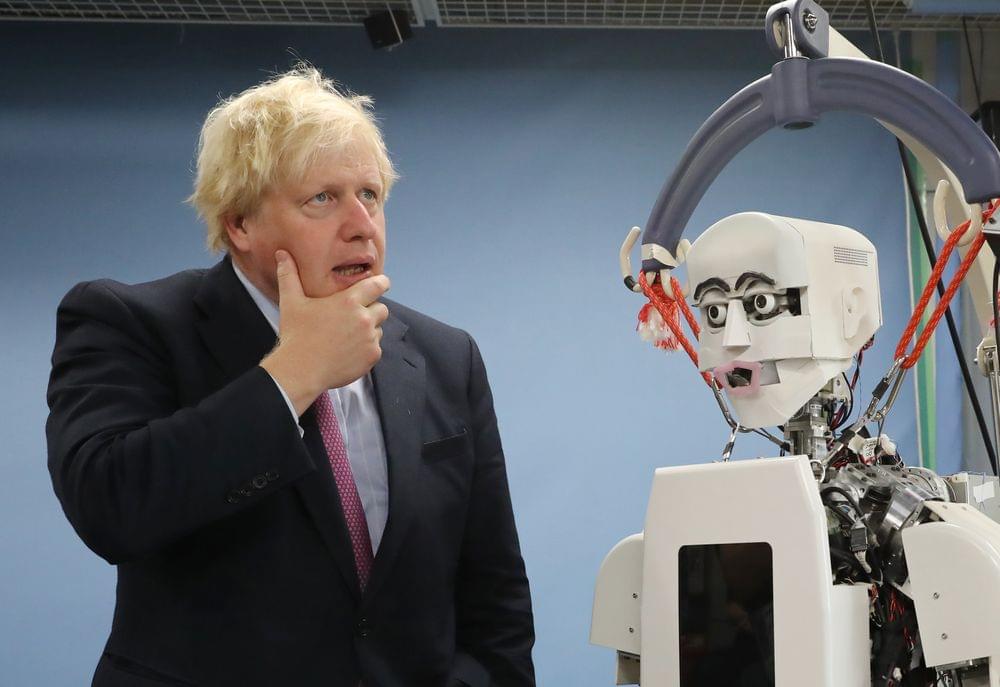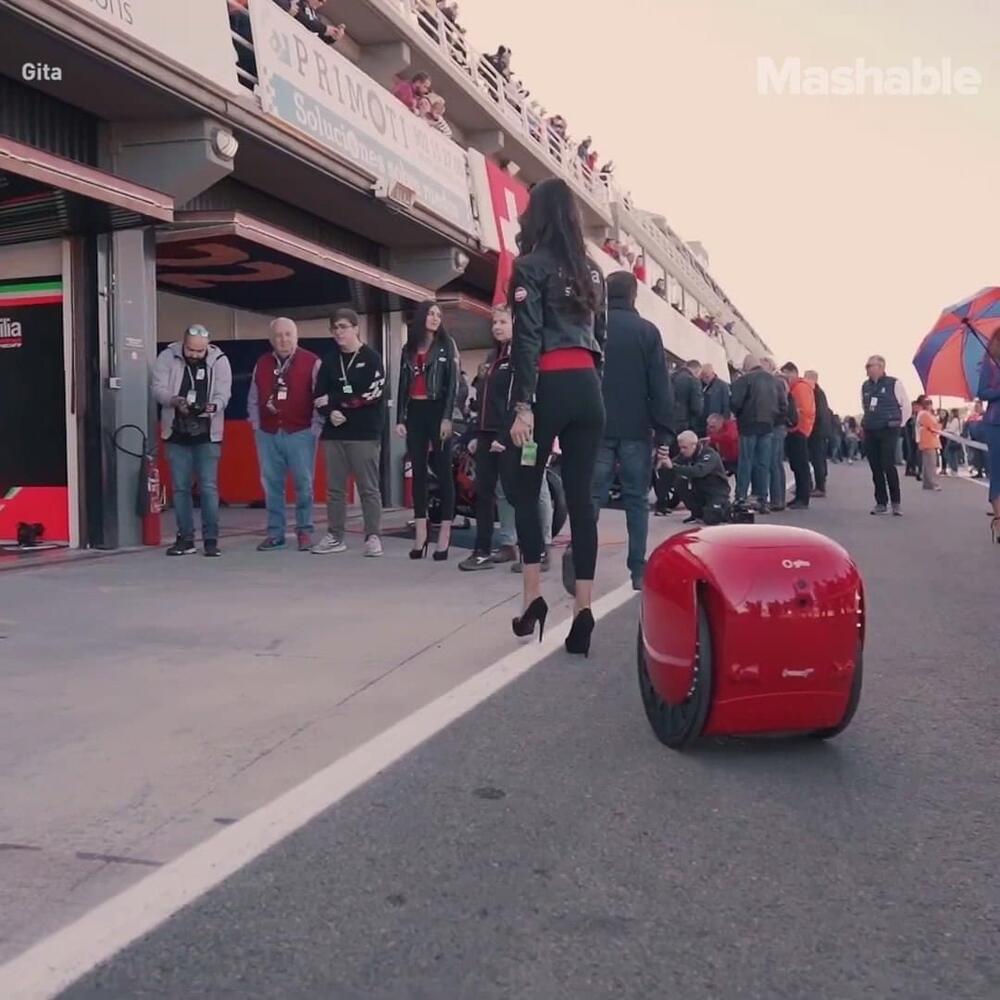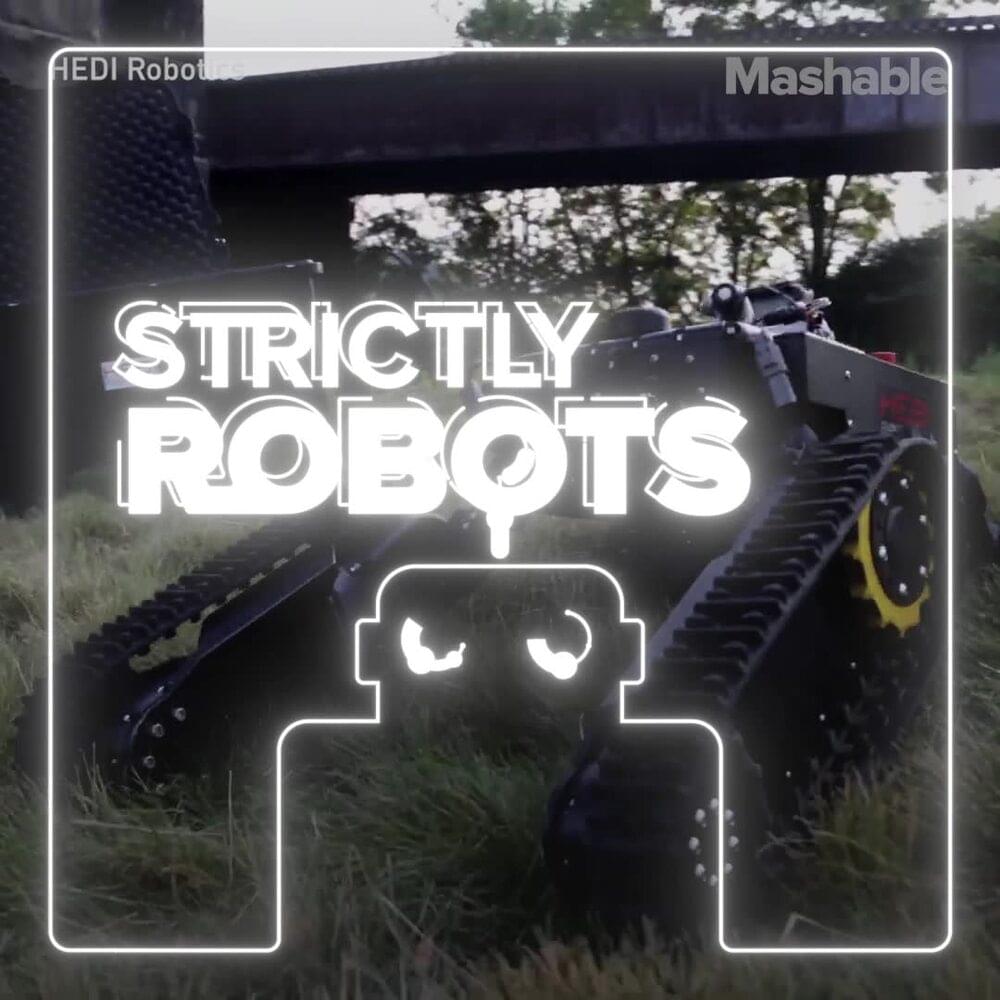🤔
I would prefer it if the data was anonymized and handed back to the patient via an AI interface on the assessment, — Recommended actions and risks involved with each decision. It would then be up to the patient to share the data with a doctor or not, to decide how much data they want to share, and to what extent recommendations can interfere with their day to day life. I’m gonna have a glass of wine. AI: this is your 3rd glass today, do you want to know the risks associated with this decision? No. AI: ok-do you want to monitor vital health statistics in relation to drinking wine instead of water? No. AI; Do you want / Just shut up. Erase all records of my wine drinking and do not monitor this going forward. To live means to die, at least for now. Don’t touch my wine 🍷
Remote technology could save lives by monitoring health from home or outside the hospital. It could also push patients and health care providers further apart.






